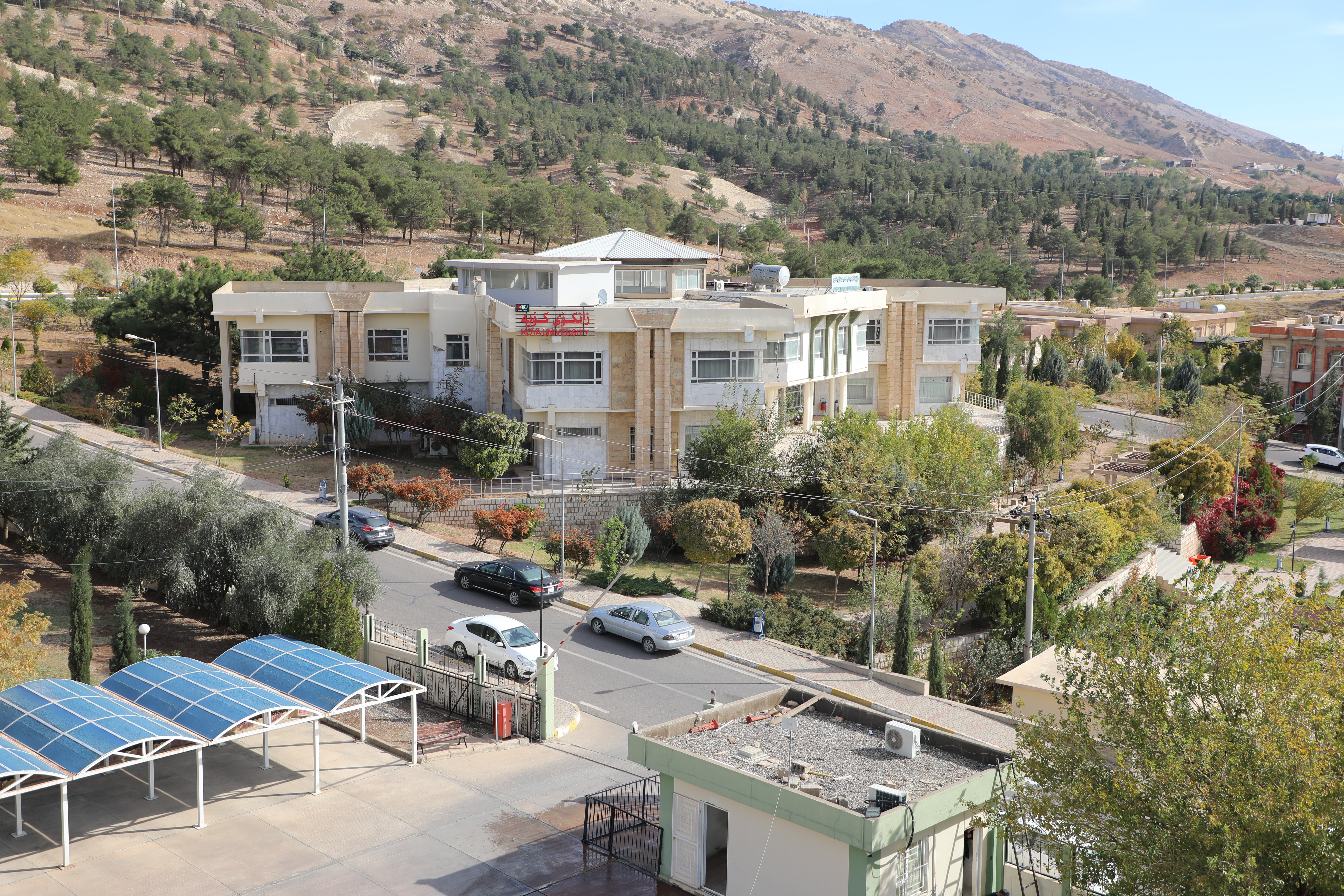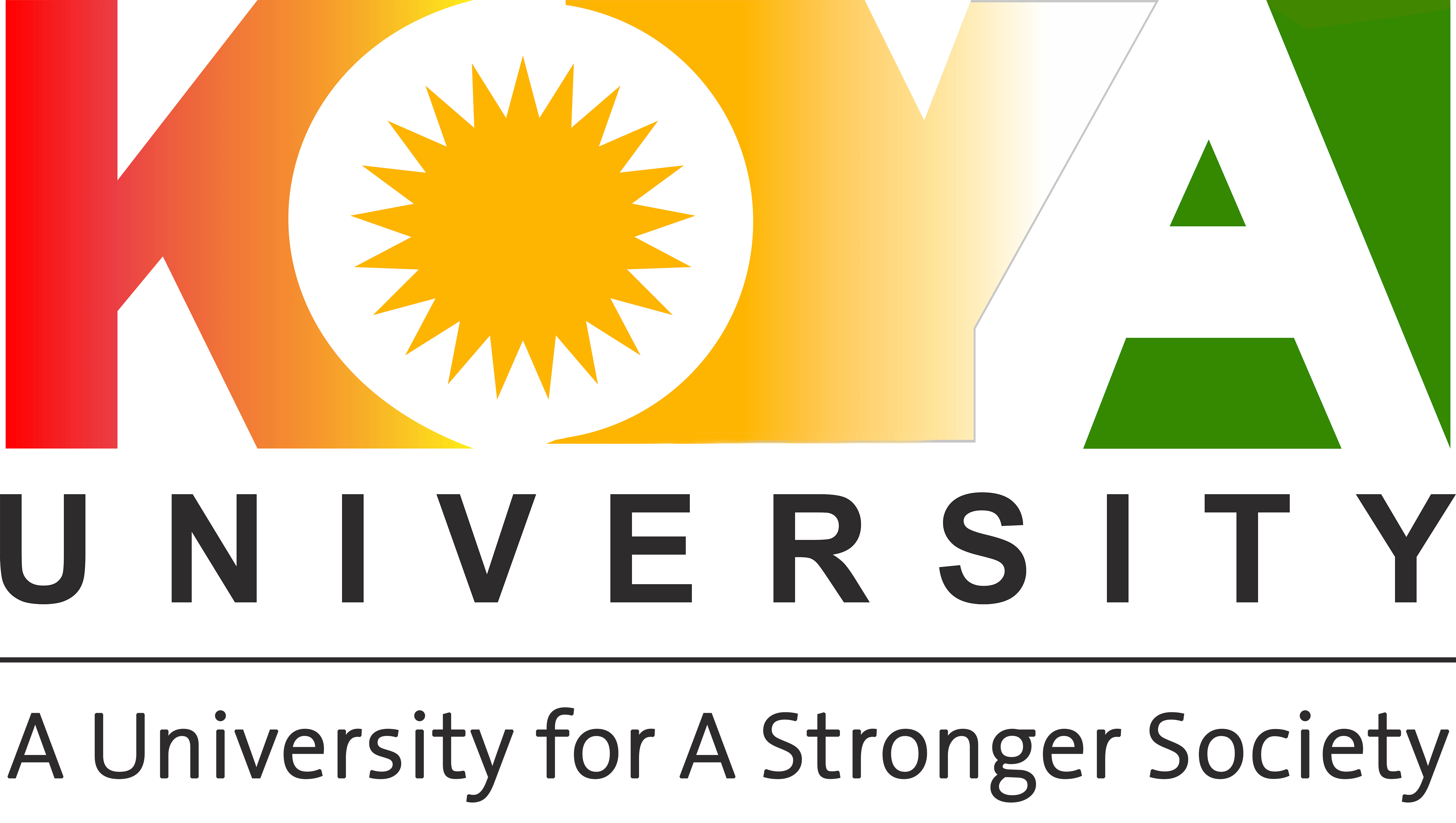I called last week by the universities of Koya and Baghdad to participate in an international conference on "Arab-Kurdish dialogue" held by the Kurdistan region of Iraq and participated in a group of political and intellectual figures, I was pleased to share with Tunisia this Iraqi, Kurdish, Arab, and Arab effectiveness, Dr Amal Qarmi, a university researcher and a member of the Council. As I chose for my intervention: The Arab-Kurdish Dialogue: The View of Magharebia, I believe that the Maghreb experience in managing national, linguistic and cultural diversity can be useful for measuring, drawing lessons, messages, and evaluating approaches and concepts in their strengths and weaknesses.
My intervention during this conference, which contributed to enriching its work was based on many prominent names in the fields of scientific research, media, politics and human rights from inside and outside Iraq, on four main approaches:
First, the dialogue should be extended to the four natural, Arab, Kurdish, Iranian and Turkish nations of the region, which share the neighbourhoods and many common characteristics for centuries, and which therefore have no colonial or occupying character imposed from outside, as is the case with the Zionist entity. Which was called for by the "Tunis Declaration", the outcome document of the "Four Nations Dialogue" conference held on 23 and 25 December 2016 and organized by the Arab Institute for Democracy.
Second: The aim of the dialogue should be to help the decision-making centres of the four nations to move the countries and peoples of the region towards "regional integration" economically, politically, culturally, scientifically, socially and in all spheres of life. To build a better future for their children. These nations can "rally the mosques they have among themselves instead of exaggerating the differences," said Dr Abdul Hussein Shaban, the great Arab Iraqi thinker.
Thirdly, the third approach is that such a dialogue will strengthen the culture of peace and non-violence in the face of the culture of war and violence. The four nations are the region most plagued by bilateral and collective armed conflicts, violent and terrorist ideas and the waste of public money in purchasing weapons. A reality that must change in favour of investing in what benefits people and brings them closer and reduces their aggression and unity on each other. Only a culture of peace and non-violence can close the doors to foreign interventions with a colonial and often exploitative agenda.
Fourth, the fourth and last approach is the need to work together to build "civil states" and "democratic systems." This is the only way to provide space for the three previous approaches and to take advantage of their application because civil states with democratic systems are usually stronger against dictates and the most careful and able to adopt appropriate policies to achieve the highest interests of peoples and sustainability.
Based on these four approaches of vision, it was my opinion that the development of the Kurdish brothers in Iraq is the best compared to their situation in Turkey and Iran, has been their problem with the Arabs compared to their problem with the brothers the Turks and Persians, lighter and more willing to settle, and that the rejection of self-determination and independence was a decision regionally and internationally more than it is an Iraqi and Arabic, and that until then change the data in which regional and international mentioned, and in the introduction that the Turkish- Iran objection, on the Iraqi Kurds to contribute seriously to the strengthening and development of "civil federal Iraqi state democracy" as the best model that achieves Kurdish and Arab high interests.
This clear message, I had the honour of delivering to the President of the Kurdistan region, the great Kurdish leader "Kaka Massoud Barzani," when I met him for an hour on the morning of Monday, April 29, 2019? I spoke with him on many topics concerning the past and the present and the future. I considered myself lucky to meet with one of the most important political figures of the "Oriental", which has contributed to the manufacturer of events in the Middle East over the past half-century. Kakka Massoud as the Kurds like to call it, Brother Massoud in the Kurdish language. Along with his historical rival, the Iraqi Kurdish leadership, the late Iraqi president and leader of the Patriotic Union of Kurdistan (PUK), Jalal Talabani or Mam Jalal, and the Turkish Kurdish leader, founder of the PKK, Abdullah Ocalan, the three most important contemporary symbols of the issue Kurdish, living in the hearts of the Kurds in the four countries where they live in their territories and on their divided land, Iraq, Turkey, Iran and Syria, and in various countries of the world, especially those that embraced Kurdish refugees dispersed by the policies of tyrannical and brutal regimes.
President Masoud Barzani seemed to follow the developments in the Maghreb countries. He asked me about the situation in both Libya and Algeria, noting that he was aware of the difficult situation in Tunisia due to this geographical location, but stressed his confidence in the ability of Tunisians to deal with the situation And to protect their emerging democratic experience, in view of the strong foundations on which the leader Habib Bourguiba, may Allah have mercy on society and the state in Tunisia, and rational and realistic.
In this context, the Kurdish leader told me the opinion of his father Mullah Mustafa Barzani, founder of the Kurdistan Democratic Party and the historical leader of the Kurdish case until the date of his death in 1979 In the leader of the Tunisian National Movement and the father of the independent state, where he said that when the Arabs asked his father to send a Peshmerga (armed Kurdish guerrilla organization) to join the fighting fronts alongside the Iraqi army after the setback of 1967 against the Zionist army, Mullah Mustafa advised Arab leaders to take the vision and advice of the President Tunisian, which was cracked in his speech in Jericho in 1965. Because it is the only one that has presented a realistic solution takes into consideration the status of the Arab armies that have a weapon that has not been sufficiently trained. When we returned to talk about the Iraqi situation and the prospects of the Kurdish issue, President Barzani said to me, "I think that twenty years of negotiation are better than an hour of war." On the peoples, as there is no ugliest war and cruelty, and hence the desire of the Kurdish leader to spare him the scourge of fighting and the harsh military rivalries grinding.
The president of the Kurdistan region of Iraq has revealed to me that the purpose of the referendum on self-determination has never been independence, as some have understood inside and outside Iraq, as much as the desire to assert that the right to self-determination remains true. The Kurds are determined to participate seriously in the establishment of a modern Iraqi state, as provided for by the Treaty of Sever in 1920, as indicated to meet some of the rights of the Kurds, as confirmed by the new Iraqi constitution for the year 2005 also. At the end of the meeting, I told Kurdish leader Massoud Barzani that one of the most important lessons that must be drawn from the referendum crisis is to make every effort to transform a regional economy from a rental economy based on oil revenues, whose stability cannot be guaranteed for several internal and external considerations. Iraq's natural and human resources. The region has abundant water resources, fertile land, promising tourism and agricultural assets. The services sector is also capable of development and growth, which was approved by the Kurdish leader in full, indicating possible areas of cooperation with Tunisia. To him, especially their competencies and expertise of human excellence, President Barzani, who will soon leave his post after the expiration of his constitutional mandates, has promised to advise the new Kurdish government to move to Tunisia as soon as possible. There is something to be said before the conclusion, which I heard from multiple sources, that the late Iraqi President Saddam Hussein had recommended his family to resort to "Kaka Massoud" when they narrow the situation and find refuge to shelter them, which has already happened, despite the apparent hostility Between the two men, they both had respect, and that kind of humanitarian connection was known only by the news of the severity of the war.
A writer, researcher and former minister

